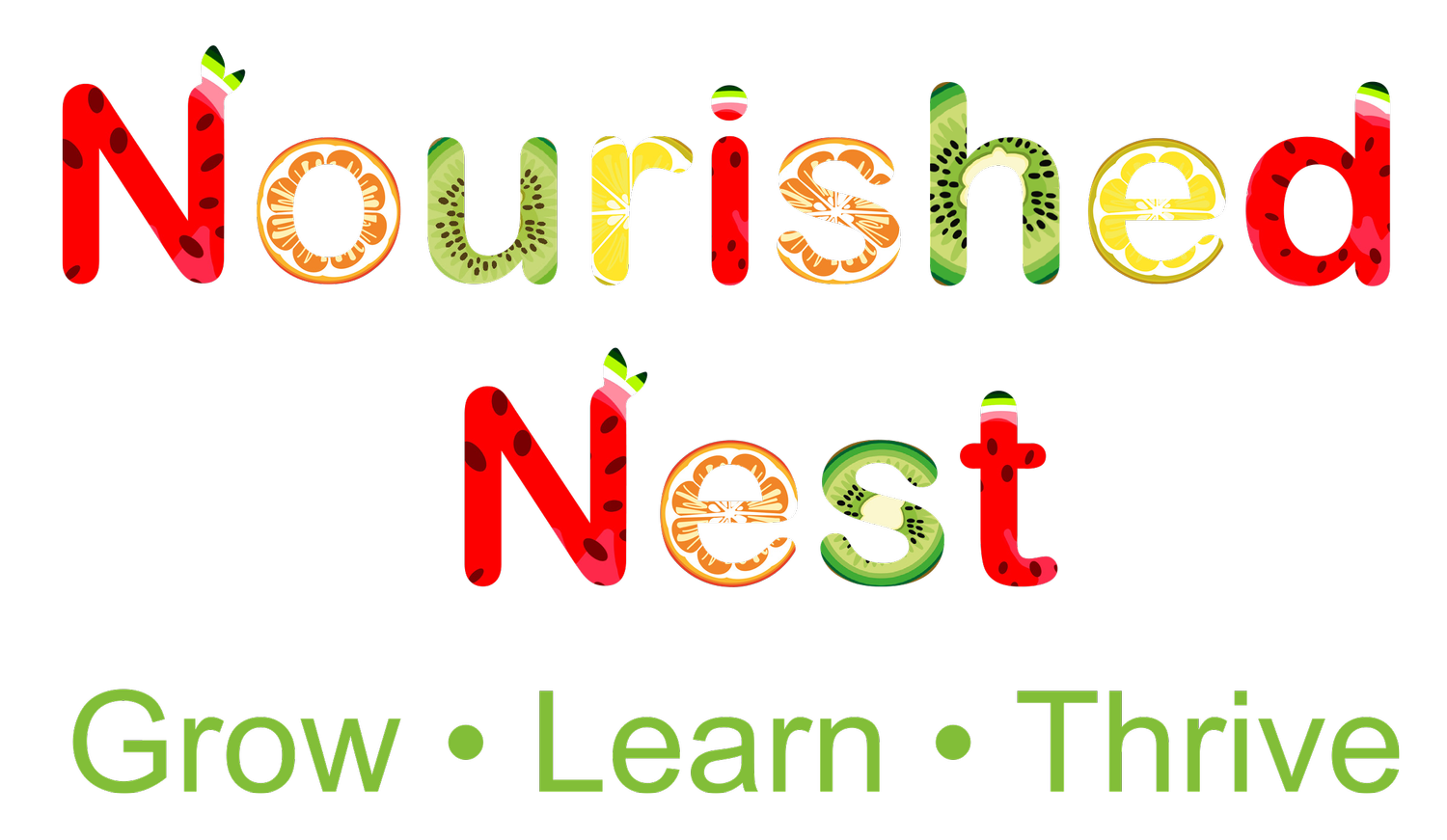Neurodiversity Celebration Week
Embracing Neurodiverse Strengths & Supporting Challenges with Nutrition
This week is Neurodiversity Celebration Week, a global initiative that challenges stereotypes and misconceptions about neurological differences. It’s about recognizing the strengths of neurodivergent individuals while also ensuring they receive the right support to thrive.
For me, neurodiversity is personal. Most of my family, young and old, including myself, have dyslexic traits. While dyslexia presents challenges in reading, spelling, and working memory, it also gifts us with unique strengths, sometimes called “superpowers.”
My Dyslexic Challenges and Strengths
Growing up, I struggled with traditional learning methods. Returning to college in my 40s brought those struggles back into focus—writing assignments, structuring essays, and organizing my thoughts weren’t easy. Yet, despite the challenges, I found ways to adapt and thrive.
Now, as a business owner and Nutritional Therapist, I face daily hurdles like writing social media posts, creating client handouts, and managing a website—but dyslexia has also given me an incredible ability to think outside the box, problem-solve, and connect deeply with others.
Dyslexic individuals often excel in:
✔ Entrepreneurial thinking – Many dyslexics are natural business owners, finding innovative ways to approach challenges.
✔ Big-picture thinking – We see patterns, connections, and solutions that others might miss.
✔ Empathy and intuition – Many dyslexic individuals are deeply intuitive and emotionally intelligent, which makes them great at understanding and supporting others.
✔ Creativity – Whether in art, music, design, or storytelling, dyslexics often bring a fresh, unique perspective.
My career change to Nutritional Therapy was the best move I ever made. Finding the root cause of health issues is like detective work, and my dyslexic brain is wired perfectly for it! I can piece together complex information, see the bigger picture, and provide solutions tailored to each individual.
The Overlooked Link Between Neurodiversity & Nutrition
While celebrating the strengths of neurodivergent individuals, we must also acknowledge the challenges. For many children (and adults), school and work can feel exhausting, overwhelming, and stressful—especially when support is lacking.
One of the biggest things people don’t realize? Nutrition can make a huge difference.
Many neurodivergent individuals experience:
Working memory struggles (affecting learning and recall).
Reading difficulties (eye tracking issues, slow processing).
Energy crashes (impacting focus and motivation).
Anxiety and overwhelm (affecting school, work, and social situations).
But the right nutritional support can help manage these challenges while also maintaining neurodivergent superpowers.
5 Simple Nutritional Strategies to Support Neurodivergent Brains
Start the Day with a Hearty Breakfast
A protein- and healthy fat-packed breakfast fuels the brain, improving focus and attention. Skip the sugary cereals and try eggs, avocado toast, Greek yoghurt with nuts, or a smoothie with protein powder.Support After-School Energy & Focus
A high-protein snack after school helps with energy for homework and extracurricular activities. Great options include peanut butter & banana, cheese & wholegrain crackers, hummus & veggie sticks.Boost Working Memory with Omega-3s
Omega-3 fatty acids, found in oily fish (salmon, sardines, mackerel), walnuts, and flaxseeds, are essential for brain health, memory, and eye tracking, which supports reading skills.Nourish the Brain with Choline
Choline is crucial for learning, memory, and emotional regulation. It’s found in eggs, sunflower seeds, whole grains, dairy, and peanut butter—all easy additions to a child’s diet.Calm the Mind with Magnesium
Dyslexic minds often work fast and intensely, which can lead to stress and anxiety. Magnesium helps to calm the nervous system, supporting focus and working memory. It’s found in nuts, seeds, dark leafy greens, cocoa, and even Epsom salt baths.
Celebrating Differences & Supporting Success
We don’t want to change neurodivergent individuals, we want to support them so they can thrive. Schools and workplaces aren’t always set up to accommodate different learning styles, and undiagnosed challenges can lead to low self-esteem and burnout.
By combining nutritional support, understanding, and proper accommodations, we can help children and adults with dyslexia (and other neurodivergent traits) feel empowered, confident, and successful.
Let’s celebrate neurodiversity, not just this week, but every day!

